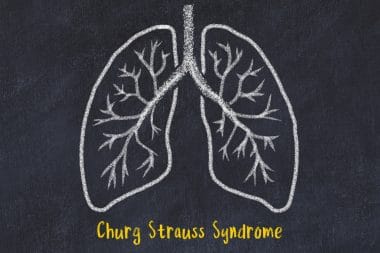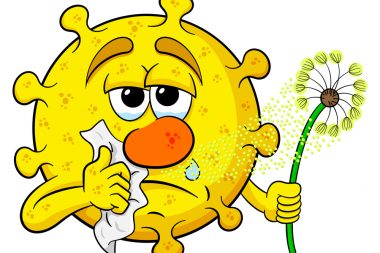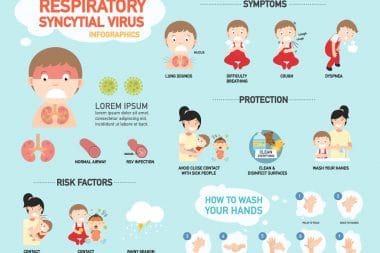More than 50 million adult Americans experience some form of allergy each year. But why do we have allergies in the first place? And what causes them?
Do you suffer from allergies and want to learn more about them? You’ve come to the right place! Read on to learn the answers to these questions.
Why Do We Have Allergies?
So, why do we have allergies? After all, some people are exposed to their trigger (called an allergen) for years before experiencing a problem. So what changed?
All allergies begin with exposure. That means your body has been exposed to the allergen at least one time without a problem. An allergy develops when your body marks the allergen as a threat.
After your body falsely identifies this allergen as a threat, it creates antibodies against it. This means that every time you encounter the allergen after that point, you’ll activate your immune system. And your immune system causes all sorts of familiar allergic reactions: nasal swelling, a runny nose, or even hives.
There’s also a genetic component to all this. If one of your parents has an allergy, there’s a 30-50% chance of developing an allergy. If both of your parents have an allergy, you have a 60-80% chance of developing an allergy.
Common Allergy Causes
So, what are some of the items that trigger allergic reactions?
1. Airborne Allergies
Airborne allergies are some of the most common allergies that individuals face. These include triggers like animal dander, pollen, and mold.
Most of the time symptoms appear as “hay fever”. Hay fever causes sneezing, a runny nose, watery eyes, and itchiness.
Unfortunately, airborne allergies only seem to be getting worse over time. That’s because global warming is increasing the length of pollen season as well as that of others. If you notice this happening in your area, learn what to do when your allergies are getting worse.
2. Medication
Many individuals are allergic to medications. Common drug allergies include antibiotics, nonsteroidal anti-inflammatory drugs, and anticonvulsants. Some symptoms of a drug allergy include hives, swelling, vomiting, itching, and breathing problems.
Because this allergen is ingested, it can result in severe reactions. This includes anaphylaxis, which is life-threatening and can cause your body to go into shock.
4. Food
Food allergies are another common allergen. Individuals tend to cause allergies to peanuts, soy, milk, and shellfish, although any food can be a potential allergen.
Food allergies also cause tingling and swelling of the mouth as well as hives. Again, anaphylaxis is a dangerous possibility since you can ingest this allergen.
5. Contact Allergies
The last type of common allergen consists of things you touch, causing an allergic skin reaction. Common examples are latex, detergents, soaps, and hair dyes.
Frequently the outcome is atopic dermatitis, also called eczema. With this condition, your skin flakes, reddens, and itches.
Get Treated for Allergies Today!
So, why do we have allergies? Now you know! If you’re suffered from allergies, get treatment today.







Reply